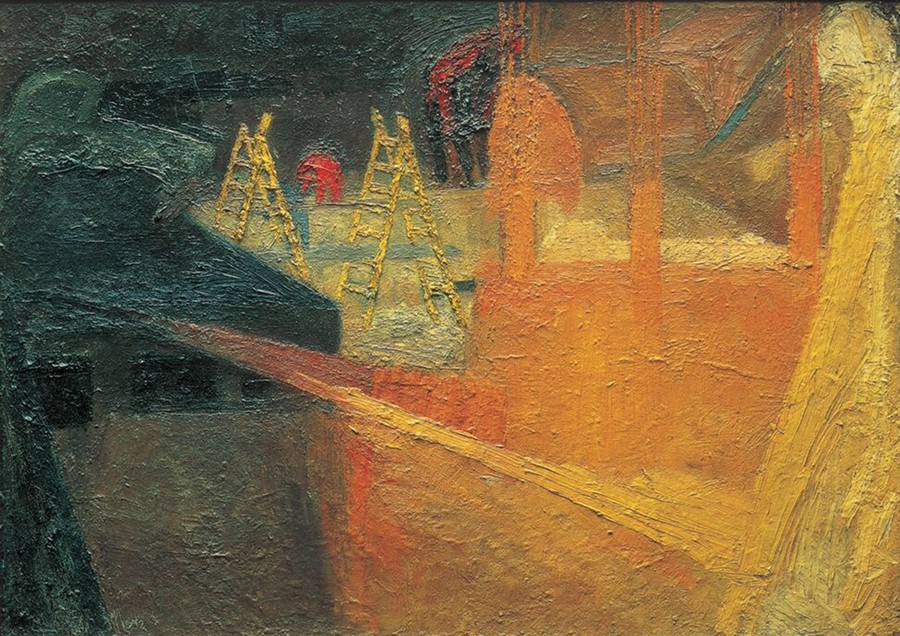We make the most of a rare chance to listen to the lovely and self-deprecating wisdom of painter Frank Auerbach
Frank Auerbach is an astoundingly original artist – not only in terms of the vibrant, stirring pieces he creates but also because of the way he works. A self-professed "darling of the colour merchants," he uses paint in vast quantities, piling it thickly onto the canvas in his signature impasto manner, and often scraping up to 90% of the original application off and starting once more from scratch, over and over again, until he finally attains a sense of completion. He also paints every single day of the year, in the same studio that he has occupied since 1954, which at the age of 84 is no mean feat.
Auerbach views each of his works as a completely individual creation with a life of its own, making his sixty-year oeuvre somewhat difficult to categorise – outside the simple realms of "portraiture" or "urban landscapes". As Catherine Lampert – one of Auerbach's longstanding sitters and author of the newly published Frank Auerbach: Speaking and Painting – notes in the book's preface, "Since he does not make any plans or work in series, even discussion of 'development' is fairly artificial. Every painting is meant to be as different as possible from the last."
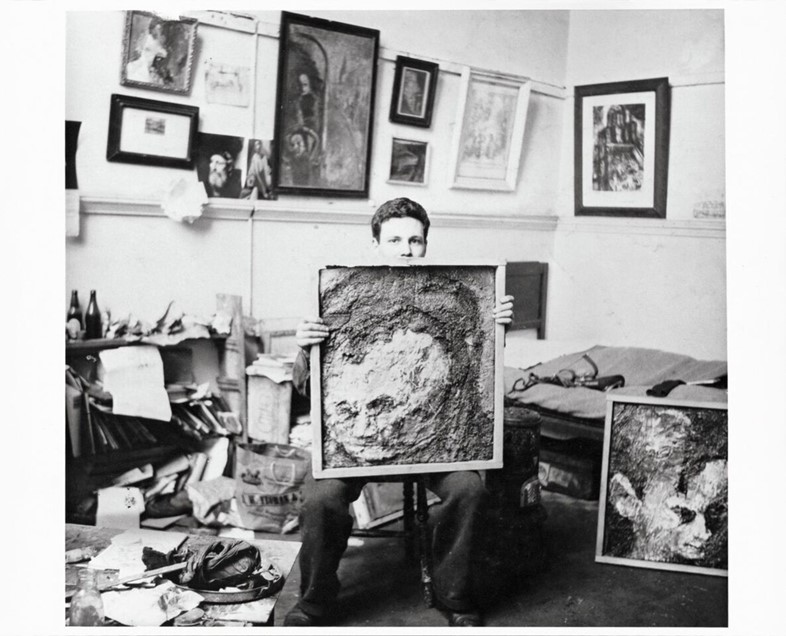
The book offers fascinating insight into the practice and philosophies of the notoriously guarded painter, its pages filled with text drawn from Lampert's conversations with Auerbach (recorded at various intervals over the 37 years she has sat for him), as well as from published and archival interviews. In it he reflects poetically on the people, places, events and experiences that have defined his extraordinary life – from his arrival in Britain from Nazi Germany at the age of 8, to finding his place within the London art scene, to his mutually influential friendships with the likes of Leon Kossoff, Francis Bacon and Lucien Freud.
This year is Auerbach's year, with the book's release and an extensive Tate retrospective set to open in October. Here, to celebrate the great man, we present a series of key quotes from the recent, rare public talk at the Royal Academy.
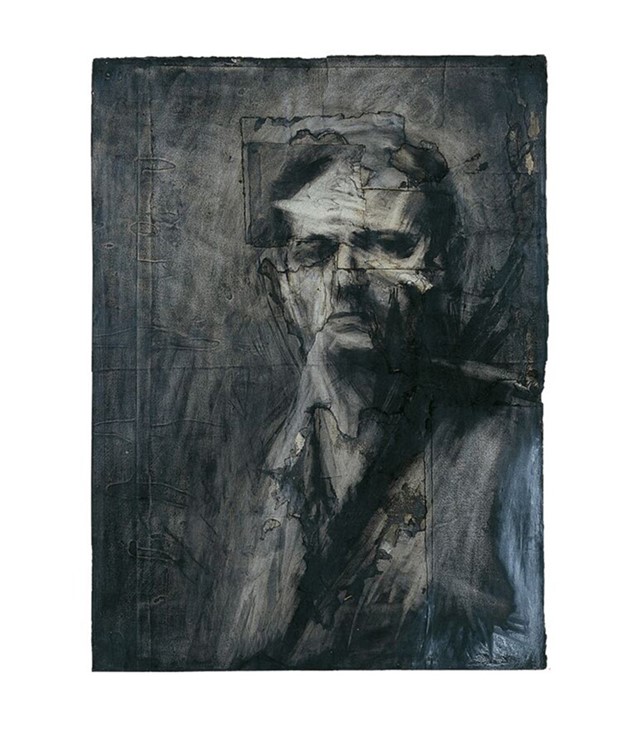
On becoming an artist...
"I wasn’t one of those boys who had done particularly well in school. When I went to art school, you either do it or you don’t, and I felt challenged. I had to teach myself to draw, and it meant I had to think in a very abstract way. It was a laborious self-education. Afterwards, there was nothing else for me to do – I had no income, and it all seemed fairly hopeless, so I just kept going. In a way not having a family was a tremendous advantage [Auerbach's parents were victims of the Holocaust]. The only way to make any life for myself was to be a good painter."
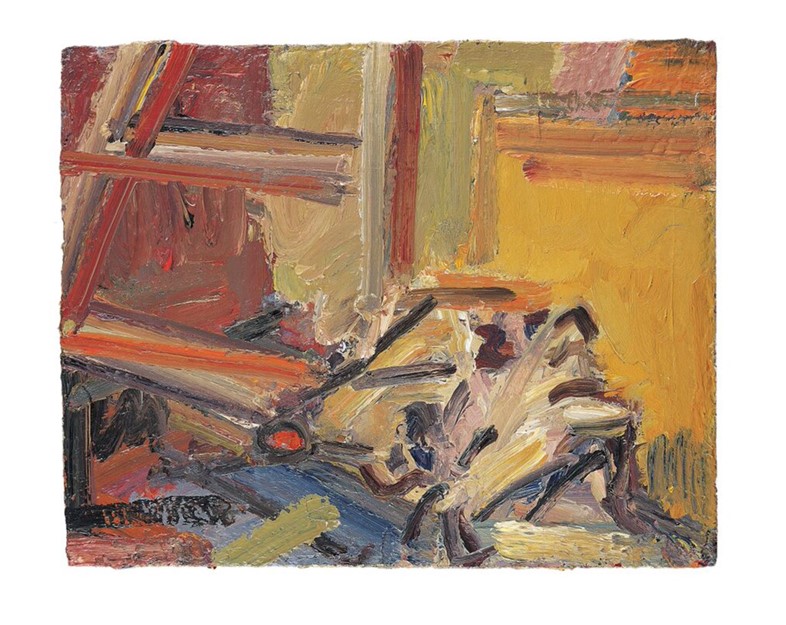
On judging his own work...
"I hardly ever see my paintings up on anybody’s wall, and when I do there are only two feelings that come to me. One is ‘I’m sorry’ and the other is 'it seems okay' – they are both feelings that make me uneasy."
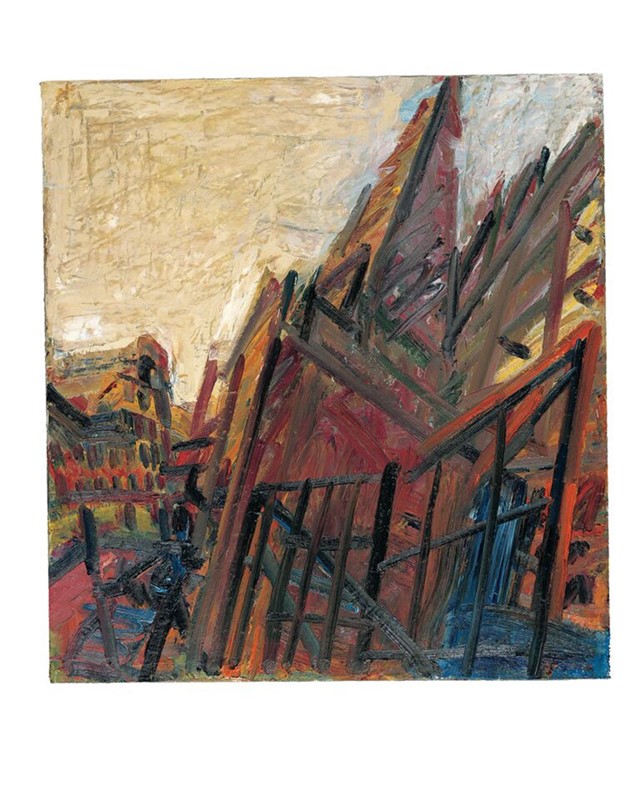
On the individual journeys of artworks...
"No painting made 100 years ago is the same today – the colours change, the colours fade. There is a different emphasis on the lines. I’m sure every word in Shakespeare doesn’t carry the same meaning as it did in Shakespeare’s time. But because somebody has invested so much into something, it’s going to maintain its life because so much life has been invested into it it, even though all sorts of things have altered about it. The thing about a good painting is that it’s always on a journey."
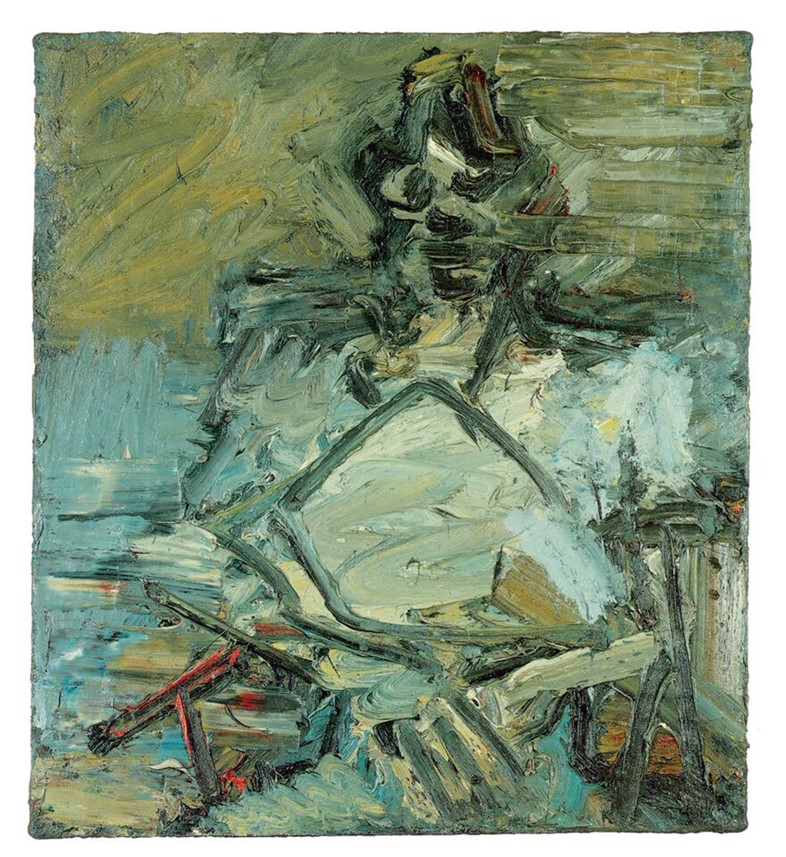
On his repetitive practice...
"There isn’t a painting of mine that hasn't gone though 30, 40, 50 or 200 separate versions before it is finished. I dream of getting a painting right immediately but it’s never happened. I would love to be able to do that – just to feel something interesting and to be able to put it down directly, in the way that somebody like Picasso must have done or Van Gogh sometimes did. He did two of his amazingly complete, classically conceived, alive paintings in a day! But I don’t work like that. I feel as if I’m stumbling around, going wrong in every single possible way until something happens and I’m presented with something that I can accept."
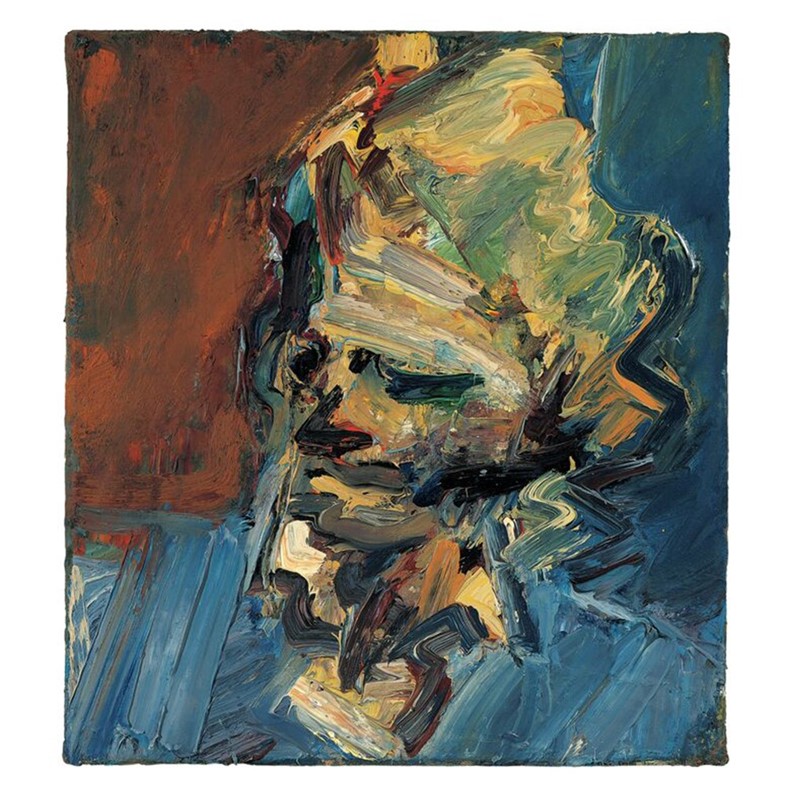
On his use of regular sitters...
"My sitters are all people I respect and like. I feel that I’m going further when I paint the same person again. I feel as though there’s no such thing as a definitive encapsulation of a person. And if you’ve got one that you feel something has escaped from, then you try for another. And it isn’t a conscious process – I don’t think, 'I’m going to do this about that person,' it simply happens. Sometimes I’m more ruthless, sometimes I’m more observant, sometimes they’re more determined. My son says very touchingly that he’s aware when things are going well and he tries to look more like himself when that happens."
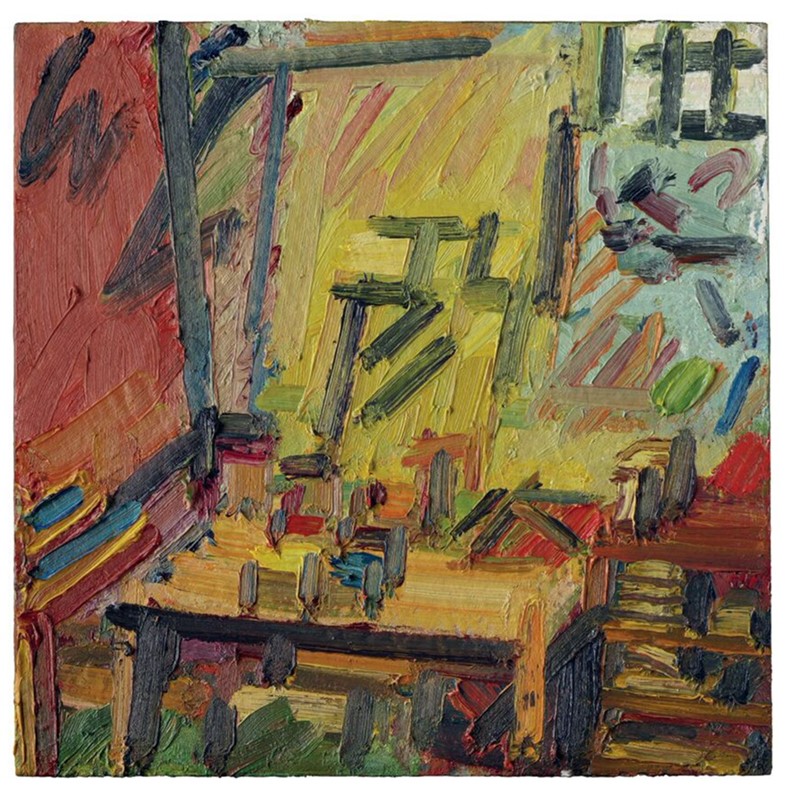
On getting older...
"When I was in my early 20s, I knew I was working to the fullest of my extent. I felt I was doing things as extremely as I was able to do them. For the rest of my life, I've always felt that I was in danger of coming off the tightrope and sometimes I felt that that happened. I've never felt that I was getting better; I've very frequently felt that I was getting worse. I'm still trying. And I never tire of it. Even at the beginning, the sort of clumsy beginnings, there are always interesting things to think about; there are endless ideas and I am never bored with the process."
Frank Auerbach: Speaking and Painting by Catherine Lampert is out now, published by Thames & Hudson. Frank Auerbach is at Tate Britain October 9 2015 – March 13 2016.
